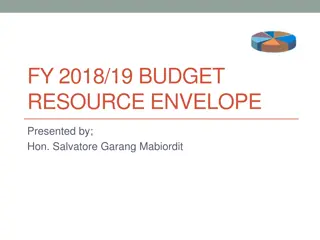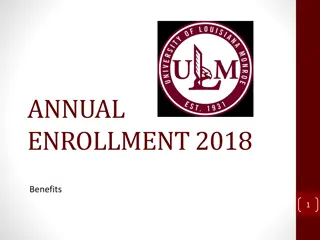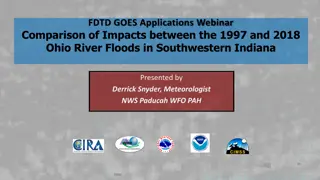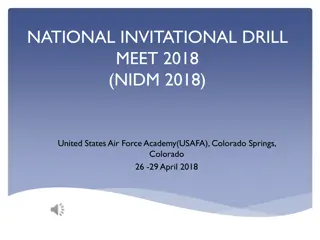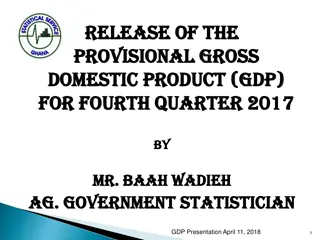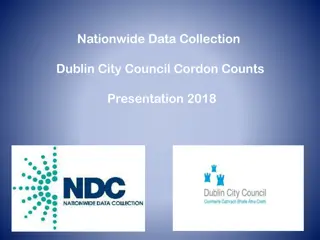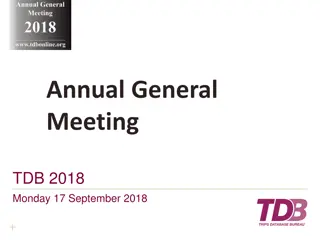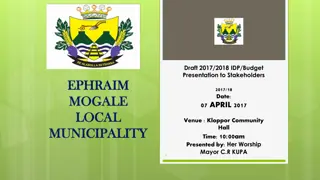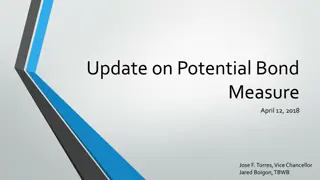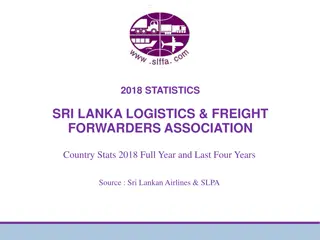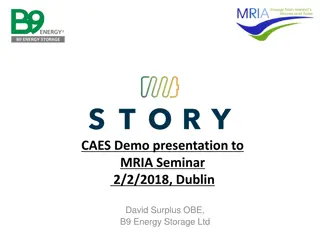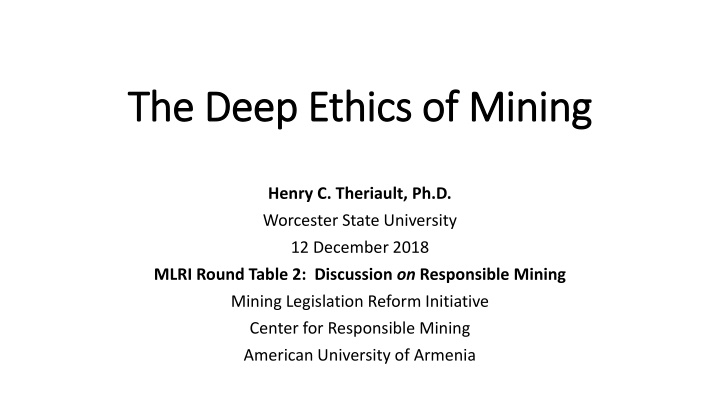
Exploring Ethical Dimensions of Responsible Mining Practices
Delve into the ethical considerations surrounding mining operations, from historical elite interests to contemporary responsible mining initiatives. Discover the ethical shift towards environmental awareness, inclusivity, and long-term economic impacts, raising crucial questions about environmental risks, economic benefits, and operator responsibilities in the mining industry.
Download Presentation

Please find below an Image/Link to download the presentation.
The content on the website is provided AS IS for your information and personal use only. It may not be sold, licensed, or shared on other websites without obtaining consent from the author. If you encounter any issues during the download, it is possible that the publisher has removed the file from their server.
You are allowed to download the files provided on this website for personal or commercial use, subject to the condition that they are used lawfully. All files are the property of their respective owners.
The content on the website is provided AS IS for your information and personal use only. It may not be sold, licensed, or shared on other websites without obtaining consent from the author.
E N D
Presentation Transcript
The Deep Ethics of Mining The Deep Ethics of Mining Henry C. Theriault, Ph.D. Worcester State University 12 December 2018 MLRI Round Table 2: Discussion on Responsible Mining Mining Legislation Reform Initiative Center for Responsible Mining American University of Armenia
The Ethical Context What is the ethical climate today? Historically: right = interests of elites Entitlement to the land of others Refusal to recognize environmental damage being done Have mining Armenian mining operations in the past generally operated within this ethical scheme? Recently: the notion of responsible mining Civil society and government Central tenets Participatory process in which all who are affected have voice Environmental impact, including for future generations, is part of ethical analysis Economic interests matter but recognized as much more complex and broader than elite financial profit Risks to workers and social impacts recognized Land ownership not enough to give full control, because of effects beyond land
Toward a Method What are the fundamental ethical issues? What are the practical questions that need to be answered in order to apply the appropriate ethical analysis? My goal is to sketch out the issues that must be considered I will not advocate for a position on mining in general Instead, I will advocate for an optimal method for developing an ethically strong position on mining
How Far to Push? Easy to see responsible mining as formulated above as endpoint of move away from historical elite interest approach Is environmentally sensitive Recognizes long-term negative economic impacts of environmental destruction Recognizes economic needs of vulnerable constituencies Questions that arise Are environmental risks prohibitive, either in level of risk or what is at risk? Are environmental risks, which seem inevitable with modern chemical mining, offset by the economic benefits to financially challenged constituencies? Are economic benefits fairly distributed? Are public health risks above a certain threshold and/or balanced by other benefits? What safeguards are mine operators responsible for? Are companies committed in the long-term to addressing potential problems that might arise or result?
How Far to Push?, continued Some might see responsible mining as stopping here, but can we push the concept further? These questions include QUESTION 1: What has produced the economic desperation of the relevant population and what is the ethically right solution? In Armenia, very clearly the economic desperation had long-term roots in the economic expropriation of the genocide and subsequent compounding, as well as some features of Sovietization; but, the proximate cause is unethical business activity and lack of accountability and regulation within the post-Soviet context The question then arises: if mining carries risks that are outweighed by economic need only when populations are relatively desperate, is this in fact a forced non-choice? Is the correct solution reparations from those who have unfairly benefitted and economic reform so that free choices can be made? A useful example is the ethical issues around the selling of kidneys Will end of mining harm local individuals and communities?
How Far to Push?, continued QUESTION 2: Do the chemical methods of mining so fundamentally alter land that the interests of future generations must be taken into account? Future generations are taken account of regarding the risk of direct environmental damage This is a different issue that depends to some extent on an even deeper question QUESITON 3: Does land itself have ethical status? Can appear to be a silly question, but that depends on how land is conceived Is land a mere commodity such that land of the same monetary value (in terms of what it can produce or of what people are willing to pay for it) is interchangeable and the role of land in human existence is reduced to its economic function? Or are particular areas of land unique and thus inviolable? This question can be looked at in human terms by considering the role of particular land as the medium of social cohesion for a particular group as well as foundation of its well-being, as in the Armenian relationship to Ararat: is the land thus a part of the human interrelations through which groups (including Armenians) are constituted and maintained? This question can also be made instrumental in a sense, which will be explained below
One More Push QUESTION 4: What is the value of minerals taken through mining? This is typically answered within a capitalist framework, where high monetary value is taken as a good in itself But, who benefits from the minerals? Is there a difference between mining that actually contributes to the Armenian infrastructure and increases the capacity of its economy, and mining that extracts minerals for export? Is there a difference between minerals taken simply as a path to financial gain and minerals used in Armenia in ways that advance the society? Is exportation of part of the very geological makeup of the land a permanent degrading or loss, in the same way that destruction of cultural monuments is recognized to be? Should we differentiate between mining that results in permanent loss of minerals from Armenia and mining that brings these minerals into the Armenian economy? (similar to cash-crop agriculture, etc.) Is gold, for instance, truly valuable? Or, is its value merely in the desire to possess it? If that is the case, can the fundamental altering of land permanently for all future generations be justified for what is in essence no gain or a moderate economic benefit (outside of elites who will profit from a project)? Some minerals are of practical use in phones, etc. Should mining in Armenia be reconceived from a mere economic activity to a component of long-term socio-economic development? What are the risks and harms to workers, families, and local communities? For instance, should Armenia develop the manufacturing industries that use minerals extracted rather than simply export them to countries with these industries? Does Armenia have the intellectual capital, etc., to do this? Or, does Armenia s significant existing capacity deserve the opportunities such an approach would provide? Would this impact emigration pressure? Within a globalized economy, can export of minerals be considered balanced when a similar level of import exists?
One Final Question How does this or that mining project create potential for corruption and further disenfranchisement of local populations as well as environmental damage? Can sufficient safeguards be put in place so that the risk of human misconduct is trivial? This is crucial, because there is always significant risk of environmental, public health, and societal harm; if the risk of human misconduct is also significant, then the combined risk might be prohibitive


